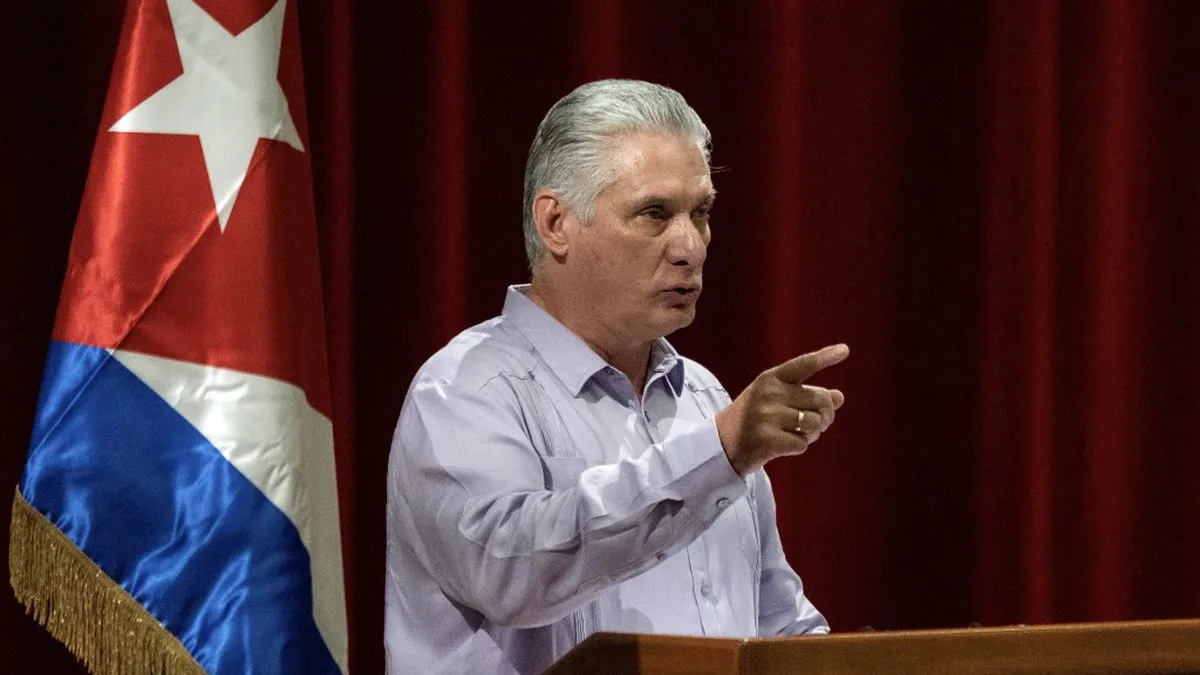OPINION: Mother Natures revenge

By Paul Gerbrands
TRYING to improve our living environment will be fighting a running battle as long as 70 million people are added to the world population each year.
Once the mythological king Sisyphus thought that his cleverness could surpass that of Zeus. The punishment for his hubristic belief is well known.
Nowadays many people think that they have reached the same level as the ancient gods. But how will Mother Nature react?
With their talents, gifts and especially their technology many mortals think that they can solve all kinds of environmental problems in the end, according to the modern myth.
Others simply deny these problems. To date, nobody believes in Zeus and his punishing hand anymore. However, we should not underestimate Mother Nature’s revenge for this arrogant behaviour of man in the adopted role of a new Sisyphus.
It seems that he is unable to control himself. Mr. Greedy always wants more. More growth, welfare and wealth, healthier food, better medication, better housing, longer journeys etcetera.
But if man cannot control himself, is he then entitled to bend the wild nature, his environment if not the whole earth to his will, out of pure self-interest?
Thankfully, there are environmental groups to save the planet. They fear that a total degradation of the planet and even the extinction of mankind are imminent. On the other hand, for the flora and fauna the disappearance of man would be a blessing.
Wrong issues
Environmental summits keep calling for actions which governments adopt or not. There were many of those summits, the last one in Paris.
But all the delegates keep discussing the wrong issues.
We are facing the fact that there will be seven and, in the near future, even 11 billion potential car owners in the world. A substantial part of this population surplus of four billion people will exacerbate the present problems of pollution and migration.
As long as environmental summits ignore the fact that the world population grows with about 70 million people each year – that is 190.000 people on a daily basis – , we will be fighting a running battle with every environmental protection measure.
At first sight, those measures may leave a good impression, but everybody who takes the effort of thinking a little bit longer will understand that they should be considered as mere window dressing, less than a treatment of symptoms.
We know that all these new people will strive for a Western way of life. As most of the needy people live in the Third World, overpopulation seems to be a typical problem of this part of the planet.
But an inhabitant of the Third World consumes only a fraction of the resources and the food of one well-fed and rich inhabitant of the Western world. The latter is a bigger polluter than a collection of ten paupers in Asia or Africa.
The revolution of the world proletariat has already begun. We can see the tip of the iceberg. It could make us panic. With a little effort we would be able to determine where and when the floating iceberg will broadside the ship of the Western world. Some countries believe they can ignore the iceberg.
Other countries think of blowing or blocking it. There is a strong conviction that technological progress will cater for effective instruments to solve all our problems.
Growth principles
We are raised with the principle of growth. Therefore, any temporary or partial ban of procreation or the promotion of economic degrowth does not sound like music to our ears. Such measures would undermine our fundamental freedom.
However, as long as our freedom of choice is limited by boundaries of growth and welfare, we are moving away from a real freedom of choice. We keep on figuring out reassuring fake solutions. We even underpin them with impressive and highly rewarded documentaries.
But nothing will deserve the qualification ‘sustainable’, as long as overpopulation has not the highest priority. If we keep muddling through, we can be as sure as death that Mother Nature will give the final verdict.
Paul Gerbrands, is a historian and chairman of the Ten Million Club Foundation, The Netherlands





